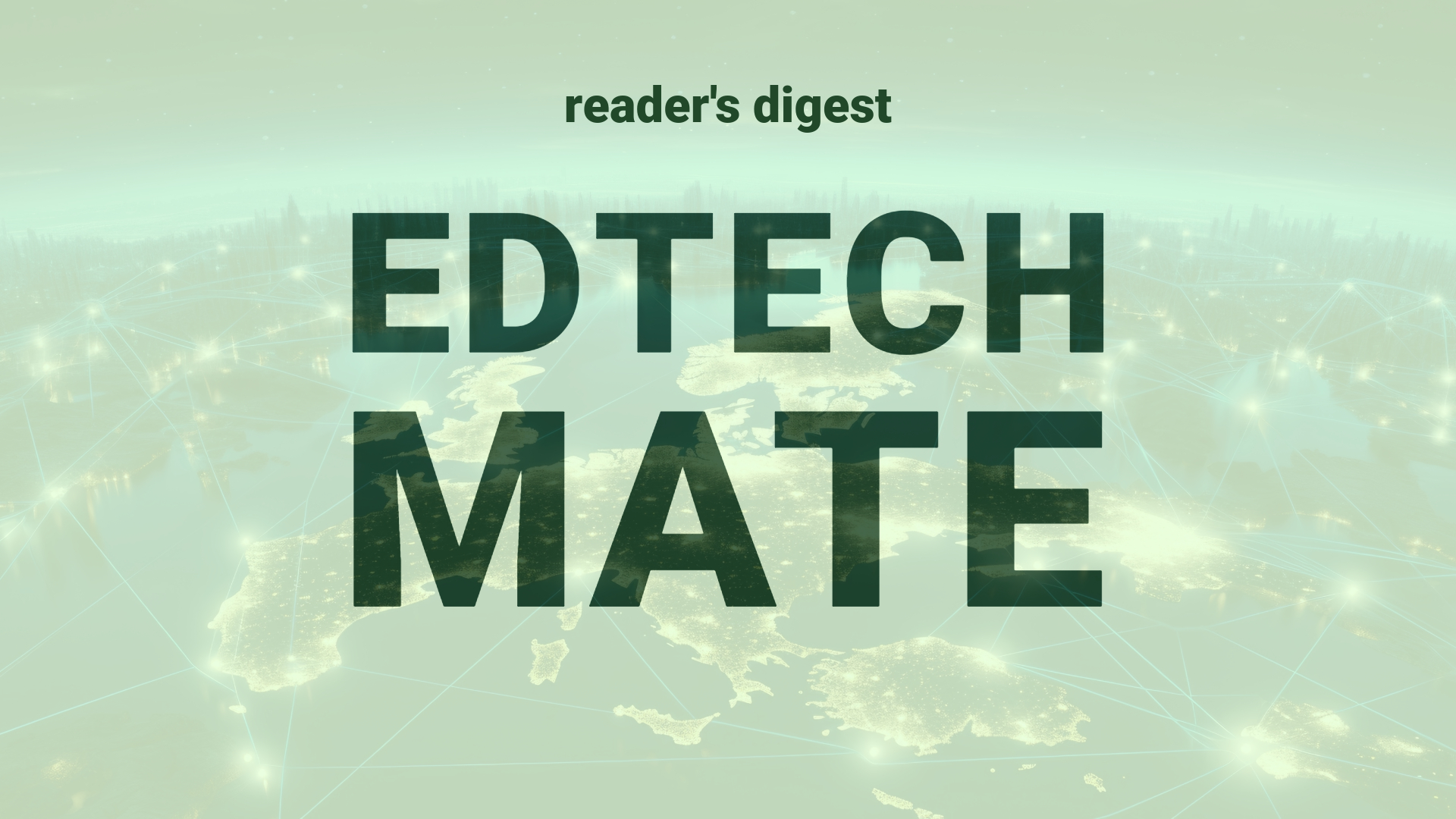Executive Summary and Main Points
Key innovations in the realm of artificial intelligence (AI) and machine learning (ML) are increasingly being leveraged by energy and materials companies to optimize core operations. In sectors like mining, AI/ML applications enhance safety, productivity, and efficiency, while predictive maintenance models in utilities preempt equipment failure. The adoption of Machine Learning Operations (MLOps) emerges as a critical practice that ensures reliability, scalability, and risk reduction. MLOps encompasses the full AI lifecycle, including data management and live model operations. However, many companies lack standardized AI management, risking sustainability of analytical solutions. Vigilant performance management post-AI implementation is paramount, particularly when lacking digital tool support.
Potential Impact in the Education Sector
In Further Education and Higher Education, such robust application of AI/ML can streamline administrative functions, enhance the delivery of personalised learning and improve research methodologies. MLOps could transform data management and governance in universities, massively impacting the predictive analytics for student success, faculty allocation, and campus resource optimization. With regards to Micro-credentials, AI could support the management and verification of these credentials, offering personalization at scale and facilitating lifelong learning paths. Strategic partnerships in edtech could promote the adoption of MLOps, fostering innovation and digitalization in educational ecosystems.
Potential Applicability in the Education Sector
Futuristic AI applications tailored for global education systems might include AI-driven career advisory systems, intelligent tutoring platforms, and ML-based enrollment forecasting. Digital tools underpinned by MLOps could offer nuanced insights into learning patterns, assist with curriculum design, and manage online course platforms with dynamic content personalization. AI could further be applied in campus safety systems akin to mining’s blast optimization models or predictive models for infrastructure maintenance similar to those utilized in utilities.
Criticism and Potential Shortfalls
A critical viewpoint underlines that without proper governance, AI/ML application in education could lead to data privacy issues, biased decision-making, and potentially widen the digital divide. Real-world examples demonstrate a varied level of preparedness across global institutions, potentially exacerbating inequalities. Ethical considerations in data usage and algorithm transparency, along with cultural sensitivity in the deployment of AI in diverse academic environments, are paramount to ensure equitable access and treatment across the international student and faculty body.
Actionable Recommendations
To effectively implement these technologies, educational leadership should establish clear governance for AI/ML applications, perhaps taking cues from the model management practices in energy and materials companies. Investment in digital infrastructure and upskilling of teams are essential for maintaining AI systems. Formal partnerships with technology providers and interdisciplinary collaboration can drive continuous innovation. Finally, fostering awareness of AI potential and risks among stakeholders should form the cornerstone of integrating AI into education, ensuring ethical, effective, and culturally sensitive applications.
Source article: https://www.mckinsey.com/capabilities/quantumblack/our-insights/getting-it-right-mlops-in-energy-and-materials

